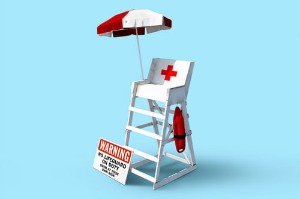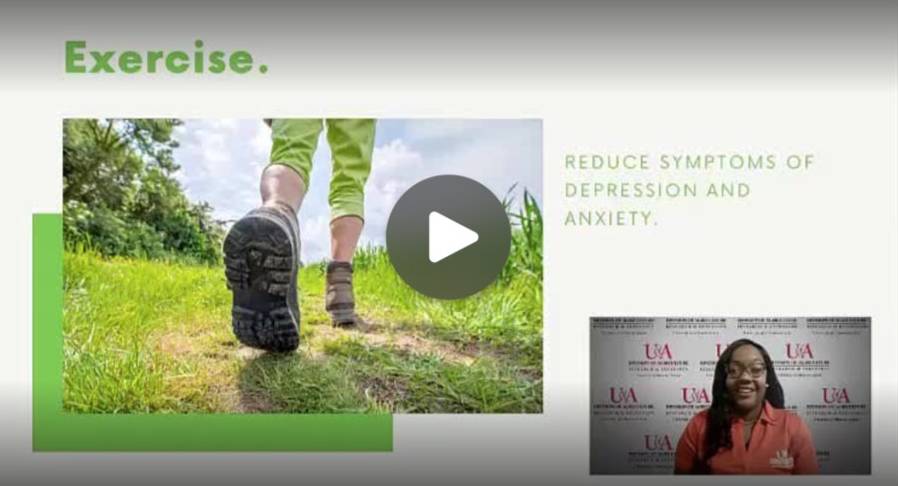Mental Health 1st Aid
 Mental Health First Aid
Mental Health First Aid
by Original Author: Ashley Foster | Adapted for Blog: Pamela Luker, Pope County
This is a stressful time with all the government and media updates. It seems like we are constantly getting information and misinformation from all directions. The fear of the unknown can make us feel overwhelmed, stressed, and anxious. It is important to remember that it is OK to not be OK as long as we take care of our mental health.
What can I do to take care of my mental health?
Use these tips for mental health first aid while practicing social distancing.
- Eat healthfully to keep your body in top working order.
- Exercise reduces symptoms of depression and anxiety, whether you are working out at home or taking a slow jog around the neighborhood.
- Practice relaxation therapy focusing on tensing and relaxing muscle groups can help you relax voluntary muscles when feeling overwhelmed, stressed, or anxious.
- Let light in. For some, increased exposure to light can improve symptoms of depression. If you can open the shades and let more light in, it might just brighten your day.
- Be kind to yourself. Treat yourself with the same compassion you would a family member or friend.
- Stay connected, even if you can’t get together face-to face. You can stay connected with friends, family members, and neighbors with phone calls, texts messages, video chat, and social media. If you are feeling sad or anxious, reach out to your social support networks. Share what you are feeling and offer to listen to friends or family members about their feelings.
- Monitor media consumption. We are all experiencing this scary and uncertain time together and while you might want to stay up to the minute with Covid-19 news, too much exposure can be overwhelming. Balance media consumption with other activities you enjoy, such as reading, cooking, or listening to music.
How much will it cost?
Self-care does not require you to go spend a lot of money. Adding small changes to your routine can make a big difference to your overall mood and well-being. However if you do not practice self-care, it could cost you your mental health.
Who do I contact if I need help?
If you or someone you care about feels overwhelmed with emotions like sadness, depression, or anxiety, or like you want to harm yourself or others, call 9-1-1. You can also contact the Substance Abuse and Mental Health Services Administration’s Disaster Distress Hotline at 800-985-5990, The National Suicide Prevention Lifeline at 800-273-8255, or text MHFA to 741741 to talk to the Crisis Tech Line Counselor.
Whatever life may throw at us, we’re here with research backed information to help with any hardship.
Watch Our Video for Tips on Managing Depression and Anxiety
For additional information, contact Ashley Foster, (501) 671-2103, afoster@uada.edu

